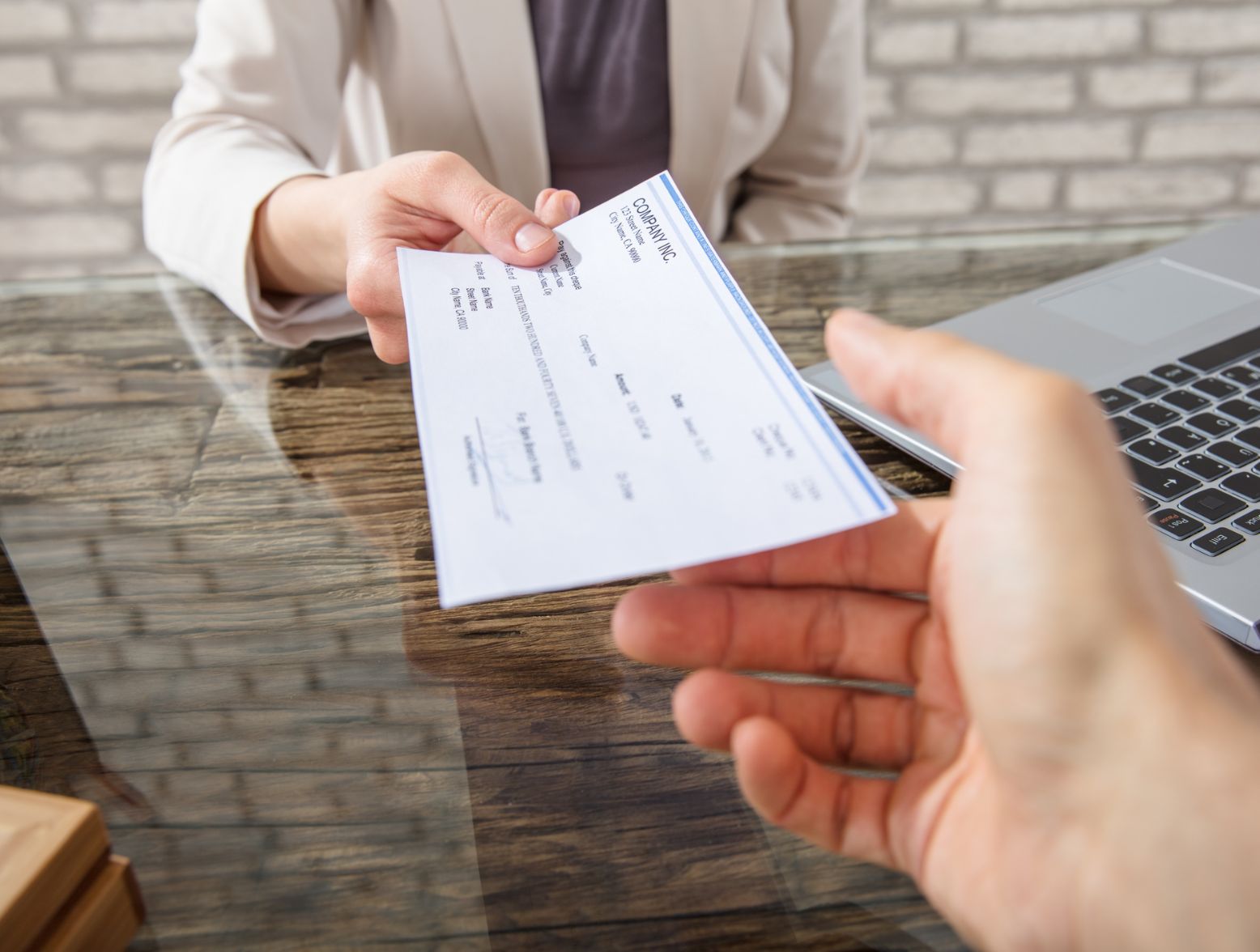Ways to Protect Your Privacy and Stay Safe While Traveling
If you’re traveling this season, you’re going to want to make sure to protect your privacy. It’s very common for travelers to get scammed when they’re trying to enjoy a fun vacation, often because their guard is down or because they’re distracted while having fun in a new place. So, no matter where you’re going this season, you’re going to want these expert tips on how to protect your privacy.
Experts Say How to Protect Your Privacy While Traveling
One great way to protect your privacy while traveling is to not bring unnecessary personal items along for the trip. “Only bring what you absolutely need when it comes to cards, travel documents, and other personal information,” Security.org suggests. “Not only will traveling lightly lessen the chances of everything getting lost or stolen, it will also keep your wallet compact and organized.” So, go through your wallet or purse before your trip and only bring what’s needed.
Another smart tip is to not alert people that you’re going on vacation publicly. For example, I often see people post on their public social accounts that they’re going to be taking a big trip to Europe on such-and-such date. If you do that, it’s possible someone will see that and know that’s a good time to try to break into your home or otherwise find private information about you. Don’t tell too many people that you’re going away, especially if it’s a long trip.
Another tip is to avoid fake or non-secure Wi-Fi networks. Meyerandassoc.com suggests using a VPN (Virtual Private Network). “Connecting to public Wi-Fi is risky, because others can potentially spy on you, track you, or plant malware on your device,” they add. “Scammers can even create fake networks with authentic-sounding names in order to steal your personal data.” So, if you’re at a theme park and public Wi-Fi is available, you might want to avoid using it. Instead, go through a VPN.
Finally, I personally suggest that you get a portable USB charger. Did you know that public USB charging outlets can have spyware or malware on them that could be transferred to your cell phone? So, don’t use public USB chargers. Instead, you can use an AC outlet or, if that’s not available, your own private portable USB charger. Also, just to be safe, make sure your phone has anti-virus software that’s up-to-date with the latest security protocols. I hope these tips keep you safe and happy on your next vacation.







